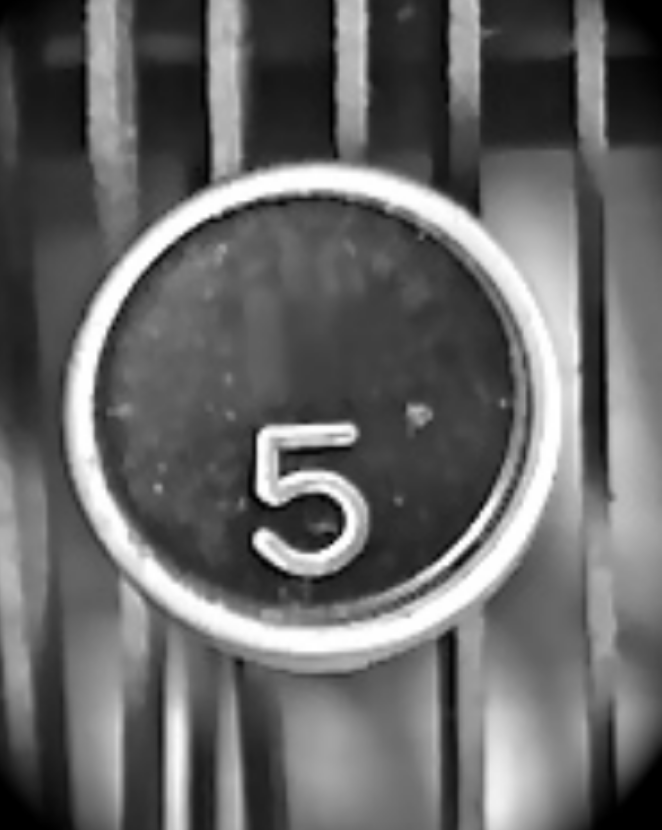5 HOT BOOKS: The Ominous Start of Lincoln's Presidency, the Rich History of Coffee, and More
/1. Lincoln on the Verge: Thirteen Days to Washington by Ted Widmer (Simon and Schuster)
Abraham Lincoln’s train trip from Springfield, Illinois, to Washington — where he would appeal to the better angels in his first inaugural address — is the focus of Widmer’s smart, animated new book. Widmer takes full advantage of Lincoln’s 1,900-mile route on his “odyssey to save democracy,” capturing the wildly divergent moods of a divided nation and providing a kaleidoscopic portrait of those along the way, from ardent Lincoln supporters to Southern sympathizers. Widner dramatizes the deepening national divisions as Pinkerton operatives are summoned to deal with potential dangers to Lincoln, and Jefferson Davis takes his own journey through the South to become president of the Confederacy.
2. Coffeeland: One Man’s Dark Empire and the Making of Our Favorite Drug by Augustine Sedgewick (Penguin Press)
In his eye-opening, lively debut, Sedgewick explains the modern world through a single commodity: coffee. He peoples his history with memorable characters in the drama, notably James Hill, an Englishman who built a plantation empire in El Salvador on the backs of indigenous workers. The effects of caffeine fit neatly with capitalism, whose workers who need the jolt of a coffee break to keep up their productivity, and in this highly readable account, Sedgewick illuminates how coffee replaced indigo as a force for global inequality, concentrating coffee drinkers into the industrialized North and those who labor to make it in the South.
3. The Silver Swan: In Search of Doris Duke by Sallie Bingham (Farrar, Straus and Giroux)
In her fascinating book about tobacco heiress Doris Duke, whose net worth had ballooned to $1.2 billion by her death in 1993, Bingham gets at how inherited wealth liberates women but also burdens them. While Bingham had access to a huge archive of Duke’s personal papers, the absence of revealing diaries and letters led her away from scandals and grudges. Instead, she developed a deeper understanding of the famously private philanthropist through her entanglements with others, including rumored lovers but also friends like Imelda Marcos, whom she later accused of extortion, and her constant companion 40 years her junior, “Chandi,” whom she adopted then ejected, and who successfully sued Duke’s foundation for millions to keep their relationship secret as part of the settlement.
4. Square Haunting: Five Writers in London between the Wars by Francesca Wade (Tim Duggan)
The group biography form is flourishing at the moment and is manifested magnificently in Wade’s debut, which looks at five celebrated writers whose lives intersected at London’s Mecklenburgh Square. In contrast with more elite Bloomsbury, whose upper-class core members entwined with one another artistically and politically, Mecklenburgh Square’s offered more affordable housing near the British Museum. Wade focuses each chapter on one of the writers who lived there over the years: Virginia Woolf, economic historian Eileen Power, poet H.D. (Hilda Doolittle), classicist Jane Harrison, and detective novelist Dorothy Sayers, who wrote her first Lord Peter Wimsey mystery there. Through the prism of their shared address, Wade reveals how these writers were “interested in personal freedom, but were alert to the ways in which their private struggles intersected with those of others, across time, race or class.”
5. Hex by Rebecca Dinerstein Knight (Viking)
Expelled from her Ph.D. program in botany, her classmate dead and her medievalist boyfriend dumped, Nell obsesses about poisonous plants and her adviser, Joan. Knight’s dark, off-kilter and entirely beguiling novel is written in the form of Nell’s scientific notebook, which is filled with botanical references and grows increasingly unhinged as her captivations and grudges mount. Toxins threaten to infect Nell’s relationships, her university, and her own ecosystem, but ultimately her passion for beauty and joy in the world elevates her, and poison becomes its own poetry.










